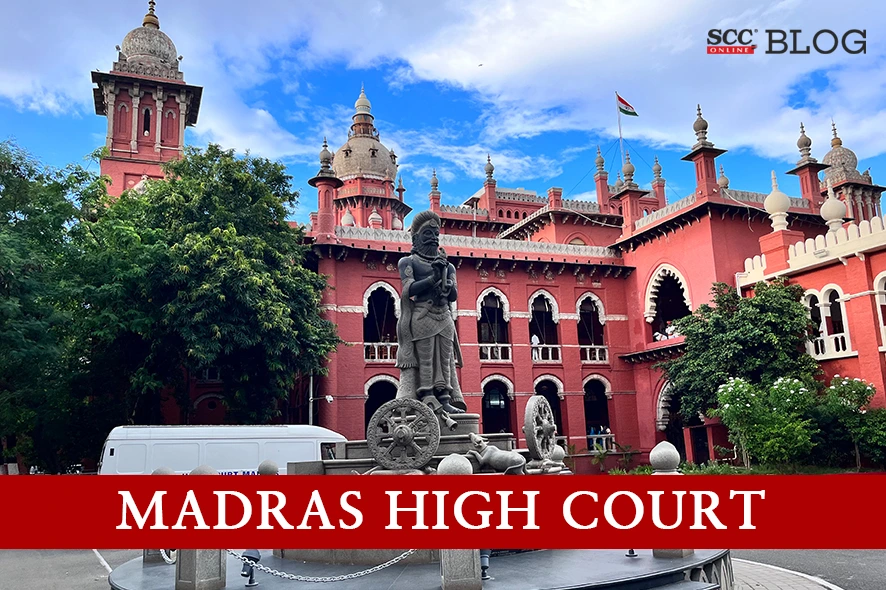Madras High Court: In a Criminal Original Petition filed by actress Amala Paul to cancel the bail granted to Bhavninder Singh Dhatt (‘BS Dhatt’) accused under Sections 120(B), 465, 511, 467, 468, 471, 420, 406, 419, 379, 354(C), 384, 500, 506(2) of the Penal Code, 1860 (‘ IPC’) and Section 66(D) of the Information Technology Act, 2000 and Section 4 of Tamil Nadu Prohibition of Harassment of Women Act, 2002, by the Judicial Magistrate, C.V. Karthikeyan, J. has set aside the impugned order granting bail to BS Dhatt and directed him to surrender before the Investigating Agency (‘IA’) within a period of 15 days from the date on which this order is uploaded on the Court’s website, failing which the IA is directed to take him into custody.
The Court noted that Amala Paul and BS Dhatt had been in serious relationship earlier, but that ended. The relationship had also extended to a professional collaboration for a movie.
The Court said that one of the main grounds in which order granting bail could be cancelled is that bail was granted on untenable grounds and that the order granting bail is whimsical, capricious and perverse.
It added that while deciding to grant or deny bail, there must be indication of the reasons, which should be understood by the parties. The parties must know why bail had been granted or why bail had been denied. The accused, the victim and the State must be able to understand and appreciate that discretion has been used and exercised properly. It is not an order which could be passed according to the whims and fancies of any Presiding Officer. It cannot be passed on perverse grounds. The Court further remarked that it cannot be stated that ‘having perused the documents, the Presiding Officer was of impression that bail should be granted or denied’.
The court noted that Amala Paul alleged that BS Dhatt had brought the other accused and had created a web around her from which she could not extricate herself. She had acted in the movie ‘Cadavar’ and had put her blood and sweat into it, but when it was distributed, she lost out. The movie was distributed to her disadvantage. There were also allegations of forging of her digital signature for misappropriation of amounts.
The Court said the order granting bail had impeded the investigating agency from proceeding further. When any complaint is lodged raising an allegation of cognizable offence, it is only expected that investigation is completed within a reasonable period, but if orders are passed to scuttle further investigation, then the entire criminal justice system fails and falls. The order of bail effectively put a stop to the investigation.
[Amala Paul v. Deputy Superintendent of Police, 2023 SCC OnLine Mad 8020, decided on 22-12-2023]






